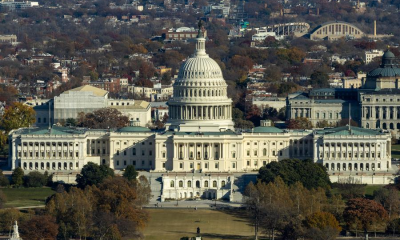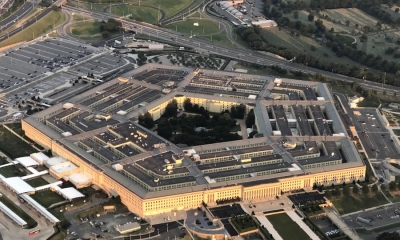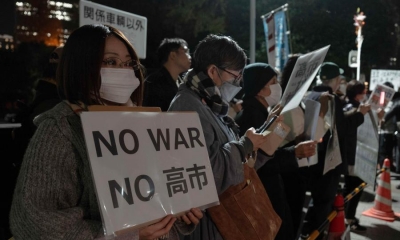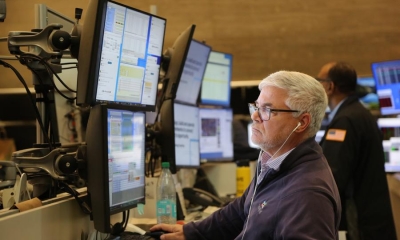Honoring Sacrifice and Upholding Peace
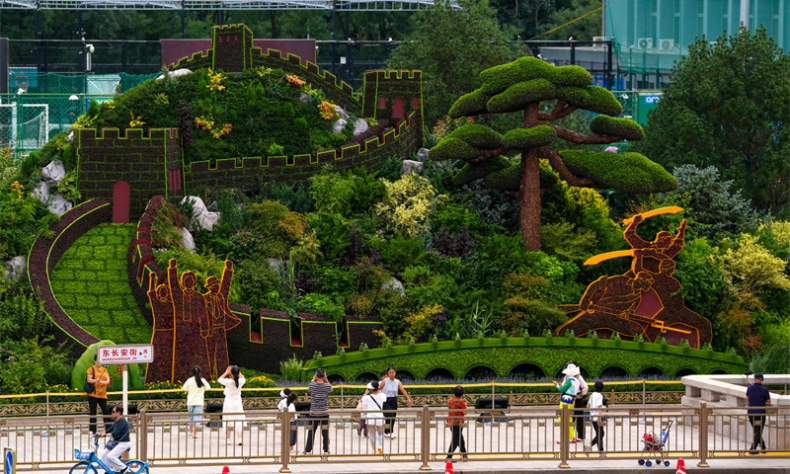
The memory of the past must strengthen us in the present to assure that the world our fathers and grandfathers bequeathed to us after that horrible conflict will never again devolve into that world of chaos and devastation.
There will be great celebrations in Beijing starting on September 3 with a major parade and other events commemorating the 80th anniversary of the victory of the Chinese People’s War of Resistance Against Japanese Aggression and the World Anti-Fascist War. Many other events will be conducted in various cities and provinces of China during the course of this year as a part of that important commemoration, which has shaped our modern world.
While Japanese authorities had surrendered to the Allies on the USS Missouri on September 2, 1945, the official surrender to China occurred one week later in Nanjing, which had been the scene of the worst atrocities by the Japanese in 1937.
While U.S. losses were not as great as they were in the European theater of war, there were nearly 100,000 Americans killed in the Pacific theater and many more maimed and wounded. Losses for China were much greater, a total of 35 million casualties, with 20 million people killed, the second largest casualty rate for the war after the Soviet Union. As with the Soviet Union, so with China, this was an existential battle. If the Japanese had won the war, the nation of China would simply disappear. And the brutality of the Japanese military was far worse than the German Wehrmacht, and could well compare to the brutality of Himmler’s SS. In what has become known as the Nanjing Massacre, there were over 300,000 executed, including innumerable women and children. These atrocities have been recently brought to peoples’ attention by a movie, Dead to Rights, about a photography studio in Nanjing, where Chinese patriots succeeded in getting out the pictures of the atrocities to the outside world, sometimes at the cost of their own lives.
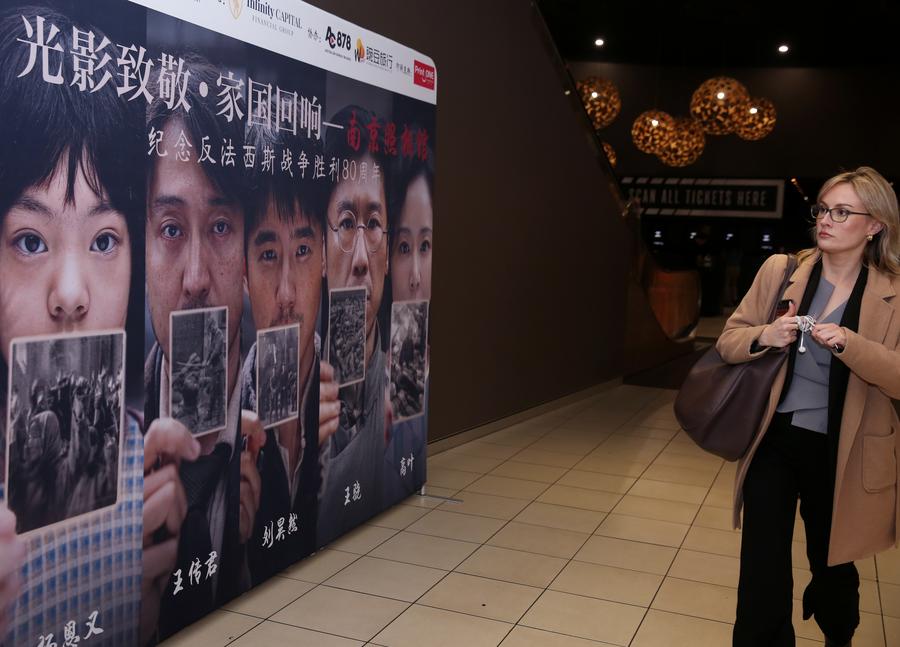
The celebrations in Beijing will remember the losses and honor the dead and the families of the veterans, most of whom have passed away. The parade will also demonstrate the military power of the PRC today. Beyond remembrance, the commemoration will be a call for peace and harmony and underline the importance of the institutions and the principles that were laid out in the aftermath of that war by the Allied powers, incorporated in the establishment of the United Nations and in the formulation of the UN Charter.
While one would have hoped that there would be high-level attendance at this ceremony from the American side, perhaps even the President himself, given the significant role of U.S. forces in helping winning the war, it is not clear at what level the U.S. might be participating. Most of the European leaders made the foolish decision not to attend. Japan, which wants to forget the atrocities it committed during that conflict and refuses to have these discussed publicly in its own country, is now encouraging other countries to boycott the Beijing commemoration and parade, even those countries which themselves had been victims of Japanese atrocities.
Nevertheless, the significance of the September 3 celebrations goes far beyond the mere solemn commemoration of that victory. The victory of China and its allies over the Japanese provided the basis for the dramatic rise of the Chinese people over the last few decades. In addition, it laid the basis for a new world, a world in which countries could harmonize their interests and resolve any disputes between them through diplomacy and dialogue rather than through war and conflict. Reasserting these principles today is of the utmost importance as we see them consistently undercut by the creation of various “coalitions” forming in order to promote the interests of some at the cost of others. Looking in particular at the situation in the Middle East and in Gaza, one can only remember the atrocities of the World War II era, where, after the exposure of the Nanjing Massacre and the Nazi death camps, the world said “Never again!” Today, however, we do see it again, and the memory of the past must strengthen us in the present to assure that the world our fathers and grandfathers bequeathed to us after that horrible conflict will never again devolve into that world of chaos and devastation.
The article reflects the author’s opinions, and not necessarily the views of China Focus.
 Facebook
Facebook
 Twitter
Twitter
 Linkedin
Linkedin
 Google +
Google +




